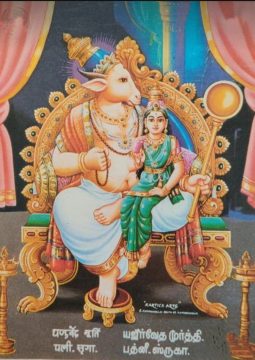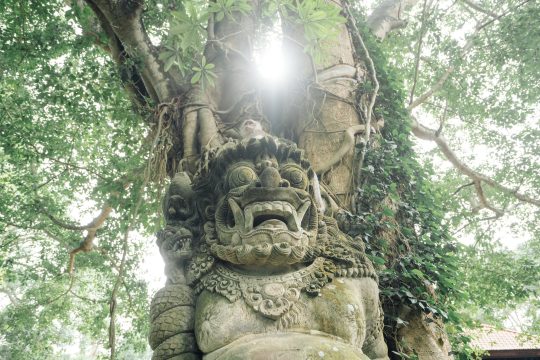- You have no items in your shopping cart
- Continue Shopping

When the demon king Ravana was attacked by Lord Rama and was nearing his death, Rama asked his brother Lakshman to go to him and learn something which no other person except an erudite Brahmin like Ravana could ever teach him.
The story goes that after shooting the fatal arrow on the battlefield of Lanka, Ram told his brother, Lakshman, “Go to Ravana quickly before he dies and request him to share whatever knowledge he can. A brute he may be, but he is also a great scholar”.
At this Ravana said that if you have come to me as a student then you must sit at my feet because teachers must be respected and you want to learn lessons.Lakshman went to Ravana and this time he stood near his feet. Ravana seeing Lakshman standing near his feet told him secrets that would make anyone’s life successful.
Ravana said, the most important lesson of life is that you must defer the bad action as much as you can and you must do good action without any delay and as much early as you can. If you follow this rule, you can save not only yourself but many other people from being damaged.
Ravana also told Lakshman about politics and statesmanship:
1- Do not be the enemy of your charioteer, your gatekeeper, your cook and your brother, they can harm you anytime.
2- Do not think you are always a winner, even if you are winning all the time.
3- Always trust the minister, who criticises you.
4-Never think your enemy is small or powerless, like I thought about Hanuman
5- Never think you can outsmart the stars, they will bring you what you are destined to
6- Either love or hate God, but both should be immense and strong.
7–A king who is eager to win glory must suppress greed as soon as it lifts its head.
8–A king must welcome the smallest chance to do good to others, without the slightest procrastination.
Valmiki describes Ravana as the greatest devotee of Shiva. In many folk versions of the epic, such as Ram-kathas and Ram-kiritis, we are informed that Ravana composed the Rudra Stotra in praise of Shiva, the ascetic-God.
He designed the lute known as Rudra-Veena using one of his 10 heads as the lute’s gourd, one of his arms as the beam and his nerves as the strings.




